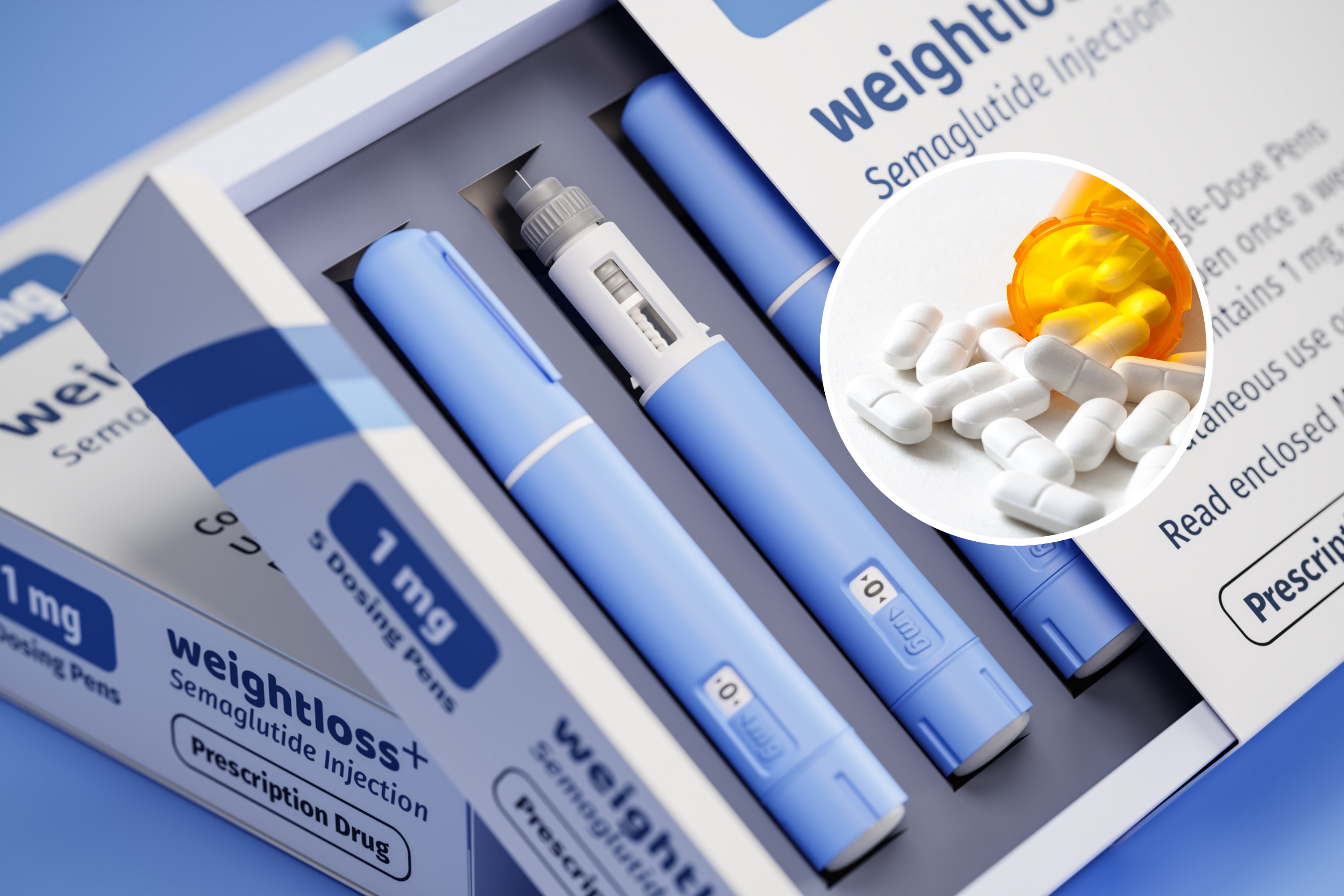New research suggests that Ozempic and similar weight loss medications could have an unexpected benefit for individuals struggling with addiction. These drugs are associated with a significant decrease: a 40% reduction in opioid overdoses and a 50% drop in alcohol intoxication rates.
Ozempic, primarily known as an injectable drug for managing Type 2 diabetes, has gained popularity due to its weight loss effects. It features a key ingredient called semaglutide, which mimics the body’s natural hormone called glucagon-like peptide 1 (GLP-1). This hormone helps regulate our appetite and blood sugar levels by activating specific brain receptors.
By imitating GLP-1, semaglutide increases feelings of fullness and slows stomach emptying. This process reduces hunger and helps prevent overeating.
Interestingly, semaglutide interacts with the mesolimbic system in the brain, a region involved in both reward pathways and addiction. This connection led researchers to investigate whether GLP-1 mimicking drugs could influence responses to addictive substances.
A study conducted by researchers at Loyola University in Chicago involved a large group of patients with histories of opioid and alcohol use disorders. Out of 1.3 million participants, 13,724 had prescriptions for Ozempic, Mounjaro, or related medications.

Results indicated that those with prescriptions experienced markedly lower rates of opioid overdose and alcohol intoxication compared to those without these medications.
Matt Field, a psychology professor at the University of Sheffield, commented, “This study suggests that patients with opioid and alcohol dependencies prescribed Ozempic are less likely to need hospitalization for overdose or intoxication.” He emphasized that while these findings are promising, they reflect extreme cases of substance abuse and do not necessarily address overall substance use or complete abstinence.
Field also noted that the research relied on observational data, leaving some uncertainty about whether the medications directly caused these reductions in hospitalization rates. However, he advocates for further studies to explore the potential benefits of drugs like Ozempic in treating substance use disorders.
Reference
Qeadan, F., McCunn, A., & Tingey, B. (2024). The association between glucose-dependent insulinotropic polypeptide and/or glucagon-like peptide-1 receptor agonist prescriptions and substance-related outcomes in patients with opioid and alcohol use disorders: A real-world data analysis. Addiction. https://doi.org/10.1111/add.16679
